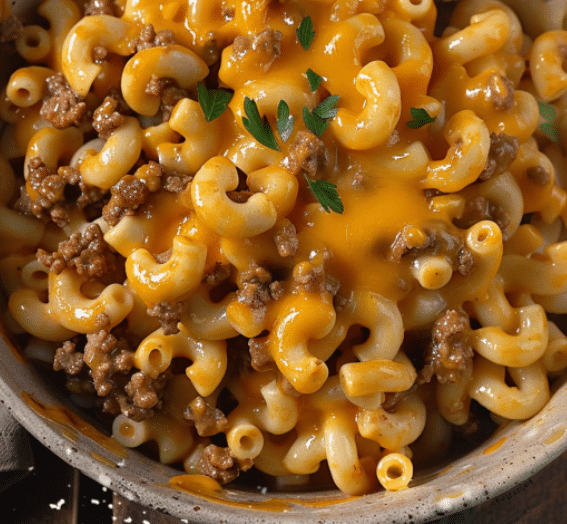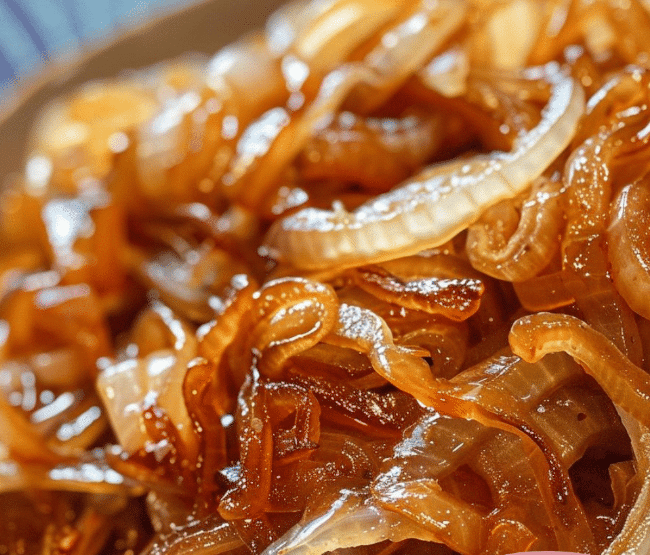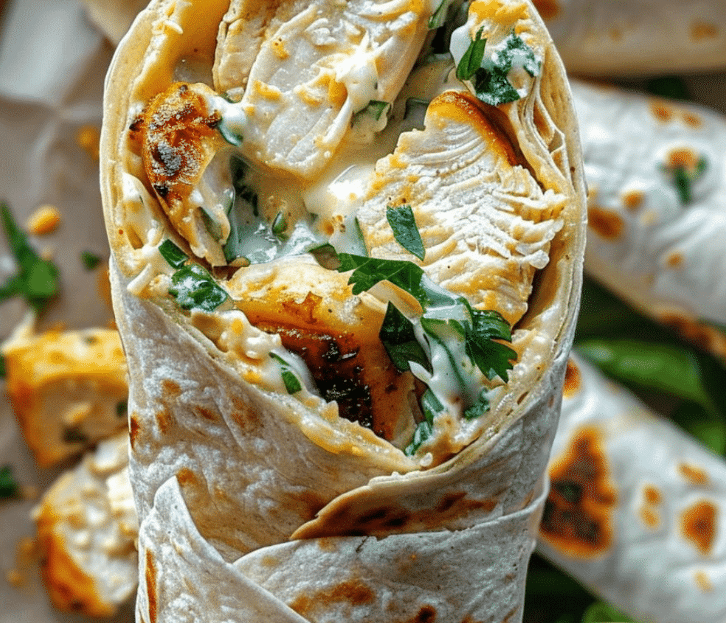The Complete Guide to Hamburger Helper: Recipes, Variations, and Tips for Busy Families
Hamburger Helper has become a staple in many American households. Known for its quick preparation, affordability, and comfort food appeal, this boxed dinner option has stood the test of time. Whether you’re a busy parent, college student, or just looking for an easy dinner solution, Hamburger Helper offers both convenience and nostalgia.
Table of Contents
Invented in 1971 by General Mills under the Betty Crocker brand, it was created to stretch ground beef further during a time of inflation and meat shortages. Today, it still serves the same purpose — helping families make hearty meals with minimal ingredients. However, with growing awareness about food additives and nutrition, many now seek healthier or homemade alternatives. According to Harvard Health, consuming too many processed foods like boxed dinners can increase your risk of chronic diseases.

Despite that, there’s still a place for boxed Hamburger Helper in a balanced diet. When used occasionally and combined with fresh ingredients, it can still serve as an effective dinner hack. It’s important, however, to consider the health impact of ingredients like sodium and preservatives. If you’re concerned about salt content, the Mayo Clinic recommends keeping your daily sodium intake below 2,300 mg for most adults.
Types of Hamburger Helper Available Today
Whether you’re browsing the grocery store aisles or shopping online, you’ll find a wide selection of Hamburger Helper flavors. Some of the most popular boxed varieties include:
- Cheeseburger Macaroni
- Beef Stroganoff
- Lasagna
- Four Cheese Enchilada
- Chili Mac
In recent years, they’ve also released versions labeled “Deluxe” or “Ultimate,” which often feature richer sauces or extra seasonings. There are even some gluten-free and vegetarian variations for those with dietary restrictions.
What’s in the Box? Understanding Nutrition
A typical serving of boxed Hamburger Helper includes pasta, powdered sauce mix, and instructions for adding ground meat, milk, and water. While it’s undeniably convenient, it’s not always the healthiest:
- Calories: 250–400 per serving (without meat)
- Sodium: 600–900 mg per serving
- Protein: Around 10g (higher with meat added)
- Fat: Varies based on preparation
Many recipes include saturated fats and preservatives. If you’re trying to eat clean, the boxed version might not be ideal every night. But don’t worry — the homemade version gives you full control.
Why Homemade Hamburger Helper Is Worth It
Making Hamburger Helper from scratch isn’t just about nutrition — it’s about taste, too. Homemade versions are:
- Lower in sodium
- Free of preservatives
- More customizable
- Cooked with fresh, whole ingredients
You also avoid unknown additives while enjoying the same rich, cheesy flavor and creamy texture you remember.
How to Make Homemade Hamburger Helper
This homemade version is inspired by the boxed classic but upgraded for flavor and nutrition. Here’s a simple step-by-step recipe:
Ingredients
- 1 lb extra lean ground beef
- ½ medium onion, chopped
- 2 tbsp tomato paste
- ½ tsp garlic powder
- ½ tsp chili powder
- 3 cups beef broth
- 1 cup uncooked elbow macaroni
- 2 cups shredded sharp cheddar cheese
- Salt and pepper to taste
Instructions
- Brown the ground beef and onion in a large pot.
- Drain excess fat.
- Add tomato paste, garlic powder, and chili powder. Stir well.
- Pour in beef broth and bring to a boil.
- Stir in uncooked macaroni.
- Cook uncovered for 12–15 minutes, stirring occasionally.
- Once pasta is tender, remove from heat and stir in cheese.
- Let sit 2 minutes for flavors to absorb.
Pro tip: If the liquid runs out before the pasta is cooked, add more broth ½ cup at a time.
Delicious Variations to Try
Want to spice things up? Here are some fun flavor twists:
- Tex-Mex Style: Add taco seasoning and top with sour cream.
- Italian Twist: Replace chili powder with oregano and use mozzarella instead of cheddar.
- Vegetarian Version: Use meatless crumbles or black beans instead of beef.
- Extra Veggie Boost: Add bell peppers, spinach, or zucchini.
Perfect Sides for Hamburger Helper
Though it’s a complete meal on its own, pairing it with a side can round out the plate:
- Simple side salad with vinaigrette
- Cheesy garlic bread
- Steamed green beans or broccoli
- Roasted carrots for a sweet contrast
Storing and Reheating Leftovers
Homemade Hamburger Helper stores well for a few days, making it a good candidate for meal prep.
- Fridge: Store in airtight containers for 3–4 days.
- Reheat: Warm over low heat, adding broth if needed.
- Freezing: Not recommended due to changes in pasta texture.
Meal Prep & Make-Ahead Tips
If you want to batch-cook Hamburger Helper, here’s how to make it easier:
- Cook a double batch and portion into containers.
- Use lean meats to avoid greasy leftovers.
- Pack a veggie side or salad with each serving.
- Store in glass containers for easy reheating.
Fun Facts About Hamburger Helper
- The iconic Helping Hand mascot’s name is “Lefty.”
- The dish became popular during meat shortages in the 1970s.
- It was designed to make 1 lb of meat feed an entire family.
FAQs About Hamburger Helper
What is Hamburger Helper made of?
It includes dried pasta and a flavoring packet. You usually add ground meat, milk, and water.
Can you make Hamburger Helper without milk?
Yes! Many homemade recipes skip milk entirely, using broth and cheese for creaminess.
Is Hamburger Helper healthy?
Boxed versions are high in sodium and additives. Homemade is a healthier choice.
How do you make Hamburger Helper taste better?
Add extra cheese, spices like paprika or cumin, or fresh herbs.
Can I use turkey or chicken instead of beef?
Absolutely. Ground turkey or chicken works well in most recipes.
Can I make it in a slow cooker?
Yes, though you’ll need to cook the pasta separately or add it near the end.
Final Thoughts
Whether you go with the classic box or a homemade version, Hamburger Helper continues to be a reliable comfort food. You can enjoy it as-is or elevate it with fresh ingredients and creative twists. And as always, be mindful of what you’re putting in your body. For added safety, refer to the USDA ground beef handling guide to cook meat properly and store leftovers correctly.
PrintThe Complete Guide to Hamburger Helper: Recipes, Variations, and Tips for Busy Families
- Total Time: 35 minutes
- Yield: 4 servings 1x
Description
A one-pot cheesy beef and macaroni skillet made with ground beef, pasta, cheddar cheese, and savory seasonings. A family-friendly comfort food dinner.
Ingredients
- 1 lb extra lean ground beef
- ½ medium onion, chopped
- 2 tbsp tomato paste
- ½ tsp garlic powder
- ½ tsp chili powder
- 3 cups beef broth
- 1 cup uncooked elbow macaroni
- 2 cups shredded sharp cheddar cheese
- Salt and pepper, to taste
Instructions
- Brown Beef & Onion: In a large pot over medium-high heat, brown ground beef and onion for 7–10 minutes. Drain excess fat if needed.
- Season: Stir in tomato paste, garlic powder, and chili powder.
- Add Broth & Pasta: Pour in beef broth and bring to a boil. Stir in macaroni.
- Cook Pasta: Reduce heat to medium and cook uncovered 12–15 minutes, stirring occasionally, until pasta is tender and most liquid is absorbed.
- Add Cheese: Remove from heat, stir in cheddar cheese until melted and creamy.
- Finish: Season with salt and pepper. Let sit 2–3 minutes before serving.
Notes
Add diced tomatoes or bell peppers for extra flavor. Use mozzarella or Pepper Jack for a cheesy twist.
- Prep Time: 10 minutes
- Cook Time: 25 minutes
- Category: Dinner
- Method: One-Pot Skillet
- Cuisine: American
Nutrition
- Serving Size: 1 serving
- Calories: 460
- Sugar: 3g
- Sodium: 880mg
- Fat: 22g
- Saturated Fat: 11g
- Unsaturated Fat: 9g
- Trans Fat: 1g
- Carbohydrates: 35g
- Fiber: 2g
- Protein: 32g
- Cholesterol: 95mg
Keywords: cheesy beef macaroni, one-pot dinner, ground beef pasta, comfort food skillet






